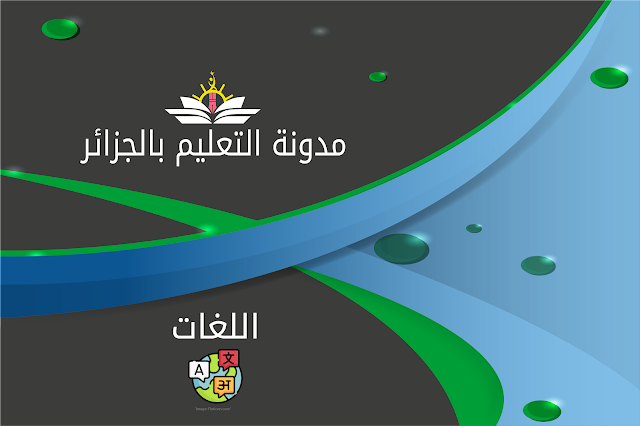Nouns
A noun is a word used to name something: a person/animal, a place, a thing, or an idea. For example, all of the following are nouns:
Leah, Ignacio, Science, Mark, Japan, Venezuela, Atlanta, Kroger, the Gap, Pencil, Store, Music, Air, Biology…etc.
Hint: They are sometimes preceded by noun markers. Noun markers are also called determiners and quantifiers. They are words like a, an, the, this, that, these, those, each, some, any, every, no, numbers (1, 2, 3, etc.), several, many, a lot, few, possessive pronouns (his, her, etc.).
Nouns Classifications
- Nouns can be singular or plural
A. Singular nouns: name only one person, place, thing or idea.
One apple, a pencil, the book
B. Plural nouns: name two or more persons, places, things or ideas. Most singular nouns (Not ALL) are made plural by adding –S. For example: ("Pencil" is a singular noun. The word "Pencils" is a plural noun.)
Nouns can be Proper Nouns or Common Nouns -
A. Proper nouns: refer to specific people, places, things and ideas. A person's name (Leah Graham), places (Atlanta, Georgia), deity (God. Islam), Races, nationalities…etc. They are always capitalized!
B. Common nouns: are all other nouns. For example: Cat, Pencil, Paper…etc. They are not capitalized unless they are the first word in the sentence.
Nouns can also be collective -
Collective nouns are nouns that are grammatically considered singular, but include more than one .person, place, thing, or idea in its meaning
.Words like: team, group, jury, committee, audience, crowd, class…etc
.Generally, collective nouns are treated as singular because they are emphasize the group as one unit
.The committee is going to make a decision
Nouns can also be either count or non-count -
.A. Countable nouns: refer to nouns that could be counted by numbers
For example: pen, book, car, parliament, country…etc.
.B. Uncountable nouns: refers to nouns that couldn't be counted in numbers. For example: money, water, rain, coffee…etc
Nouns can be Abstract or concrete -
A. Concrete nouns: are nouns that you can touch. They are people, places, and some things. Words like person, court, Georgia, pencil, hand, paper, car, and door are all examples of concrete nouns.
B. Abstract nouns: are nouns that cannot be physically held. For example: things like air, justice, safety, Democracy, faith, religion…etc.
Nouns can be Gerunds -
A gerund is the –ing form of the verb and is used as a noun. For example: Running is good for you. Running is the noun/ gerund and is is the verb.
My crying upset him. Crying is the subject and upset is the verb.
Note: A noun can fit into more than one of these categories. For example: the noun Angela is a singular, concrete, count, proper noun.
Noun can be appositive -
Appositive nouns: are nouns that immediately follow another noun in order to further define or identify it.
For example: My brother, Michael, is six years old.
Michael is an appositive noun that gives more information about brother.
Nouns can be possessive -
Possessive nouns are nouns which possess something. You can identify possessive nouns by the apostrophe or by the S. For example: The cat's toy was missing.
Or we can say: The toy of the cat was missing.
Nouns as modifiers -
Sometimes the nouns play a role of an adjective. They can be used adjectivally as well.
For example: He is a speed demon
Speed is a noun. But in this example, it is acting as an adjective to modify the noun Demon.
Note: A noun can fit into more than one of these categories. For example: The noun Angela is a singular, concrete, count, proper noun.

لا توجد آراء حول الموضوع :
شاركنا برأيك :
إرسال تعليق